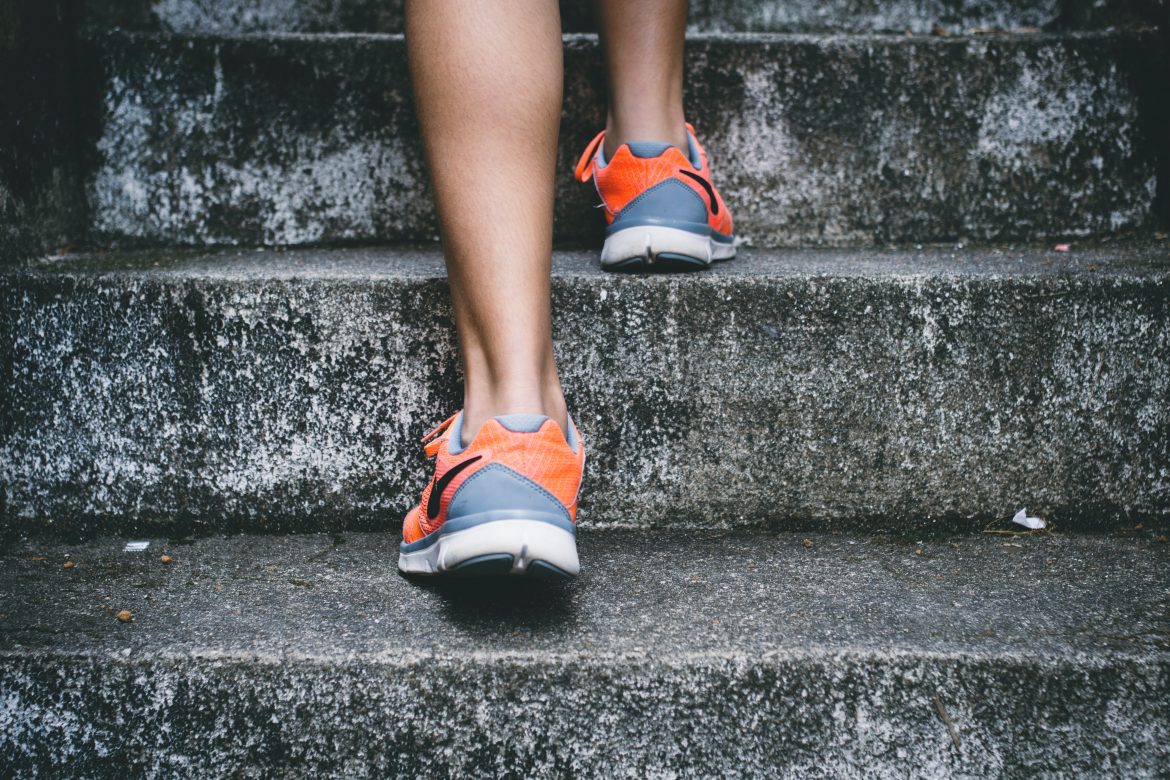Photo Credit: Bruno Nascimento via Unsplash
How a little bit of exercise can boost your mood and overall well being
Alessia Baptista, Lifestyle Editor
For as long as I can remember, sports and fitness have always been a big part of my life. Keeping active has played a crucial role in maintaining good mental and physical health, as well as being a source of entertainment with friends or on my own. This being said, the importance of exercise is important now more than ever in our current lockdown situation. There isn’t nearly as much exercise in the majority of our day-to-day schedules now that we no longer have the privilege of walking around campus and using facilities like the Athletic Centre. Considering the COVID-19 pandemic has brought immense stress and anxiety for all, it’s good to have a habit in place that simultaneously carries positive effects on the brain and the body because even the simplest form of exercise can make a big difference.
There’s no doubt that exercise is good for both your mental and physical health; we’re constantly reminded of this. But, it’s important to understand why exercise is important and exactly how these changes in your brain and body work. Exercise reduces stress, anxiety, and depression through the release of endorphins. The way endorphins work is that they release what’s called gamma-aminobutyric acid (GABA) which results in an increase in the production of dopamine, a reward-associated neurotransmitter. This is to say that exercise comes with an advantage: a healthier mind and overall physical well-being, therefore causing a rush of dopamine. As a result, these rewards make us feel happy and fulfilled, ultimately reducing stress, anxiety, and depression levels, making exercise a healthy coping mechanism.
Now that we understand how exercise affects the brain, it’s important to note the impacts it can have on the body. While many of us know and understand that exercise can lead to weight loss, which is a contributing factor in our physical appearance, there are several other benefits of exercise. These include reducing your risk of heart disease and certain cancers, strengthening your bones and muscles, and improving your sleep. Physical activity improves circulation throughout the body, increasing blood flow and raising oxygen levels. This helps to lower blood pressure and triglyceride levels, and as a result, puts us at a lesser risk of heart diseases. The strengthening of bones and muscles through physical activity also maintains muscle mass and strength and slows the loss of bone density that comes with age. However, the most important part as students is that movement improves your sleep levels. In a book, I read entitled Why We Sleep by Matthew Walker, Ph.D., (which I highly recommend) the author discusses how physical activity affects our sleep cycles and circadian rhythm, which is the body’s internal clock also known as the sleep-wake cycle. If you exercise too close to bedtime, the energy levels disrupt your circadian rhythm and ultimately cause trouble falling asleep. However, any form of physical activity throughout the day leads to improved sleeping habits because you’re performing an activity that will tire you out once bedtime rolls around, ultimately leading to an improved sleep schedule.
Because exercise can be a difficult habit to maintain, some tangible ways to live a healthy active lifestyle include making changes to everyday activities, like walking or biking to work instead of driving. Another idea is having a workout buddy; this is beneficial because you both can hold each other accountable, motivate each other, and keep track of your progress. Even the smallest change like going for a daily 10-minute walk will make a difference in your overall well-being. Personally, I find daily walks without my phone to be very serene and allow my mind to clear, ultimately reducing my stress and forcing me to focus on my surroundings.
Finding what works for you and your daily schedule is optimal here because everyone’s preferences for physical activity are different, so it becomes a process of trial and error to find what you enjoy most. Your workouts don’t need to be extra-long and complicated; at least 10 minutes a day of any form of exercise is sufficient. Try to start incorporating some form of movement into your daily schedule, and you’ll surely notice positive changes that support both your physical and mental health.



